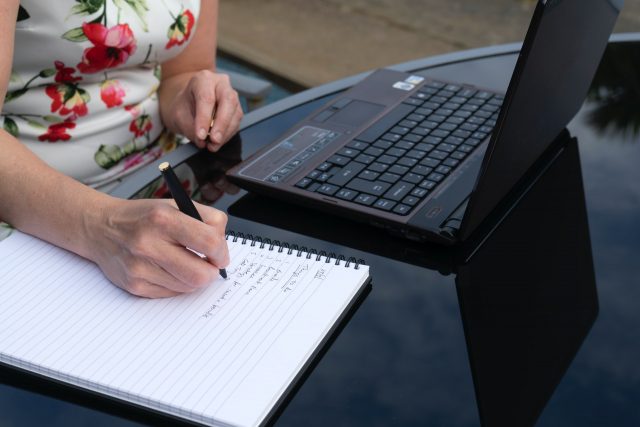How Grandparents Can Support Their Children, When Babies Arrive

So there’s a baby on the way in your family. First of all, congratulations! There’s nothing quite as wonderful as welcoming a new little life into the world.
Frankly, while being a parent had its precious moments as well as its challenges, being a grandparent is an incredible privilege, make sure you embrace it. Basically, we get to enjoy the best bits of being a parent, but we can also give the little darlings back and enjoy some time to relax.
When there’s a new baby on the way, you might remember just how scary and stressful it was for you. Yes, it’s exciting, but it’s terrifying as well. Well, that’s where mom and dad can be the superheroes your kids and grandchildren need.
Here are some bits of advice I found really helpful when my grandchildren first came onto the scene.
Offer, Don’t Insist
Okay, it’s exciting when your child is about to have a baby of their own, and it’s very easy to get overexcited. This is especially true if it’s the first grandchild because this is new for all of you. Your children will need help in this situation. They’ll need a support system and whatever practical and emotional help that you can offer.
But there’s a danger here. While it’s lovely to be a supportive parent and grandparent, it’s possible to go too far.
For some reason, when you look at your child, you see them as a child. Even though they’re all grown up and have a family of their own, it’s so difficult to step back and accept that they might not always need your help.
You have a wealth of knowledge and experience, so offer it. For example, if the baby has a skin condition and you can tell the difference between newborn eczema vs acne, it can be helpful to offer suggestions and advice that has worked for you. But try not to push.
It’s nice to be involved, but it’s important to offer help rather than insist on it. For example, some new parents appreciate it when a grandparent provides food or other practical things shortly before and after the birth. But others might decide that they want space for themselves.
This can hurt, but it’s vital to all of you that you keep the door open to help, without forcing your way through. If you offer without pressuring your child, they are more likely to come to you when you’re needed.
Accept Changes and Boundaries
On a similar note, you may have to accept changes in parenting techniques and knowledge.
I found that children are raised very differently nowadays than when they were when mine were young. The advice is different, so parents are different. This doesn’t necessarily mean that current parenting techniques are wrong or terrible.
It can be very difficult to reconcile the way children are raised now compared to how they used to be. Even in the past twenty years, there’s a huge difference. But one thing to remember is that you’re not the parent now.
You’re the grandparent. It’s your job to be doting to the grandchildren and supportive of the parents. If your children have boundaries and things they expect from their kids, it’s important to support them and their rules, even if it’s not necessarily something you did as a parent.
Work as a team and don’t undermine your children as parents. They will appreciate you all the more and it’s much better for children to have consistency in how they live and are disciplined. Keep the lines of communication with the parents wide open and always let them know how their grandchildren are doing when they’re with you.
Have Fun
Finally, it’s time to enjoy being a grandparent. As a parent, you’re often too worried about the little things in life to have fun as often. Yes, it’s important for everyone to spend quality time with their children, but grandparents have the privilege of leaving the harder parenting stuff to the parents.
Instead, you can take this opportunity to teach your grandchildren and learn from them as well. Teach them skills like baking and gardening, or whatever else you enjoy but their parents might not always have time for.
You should also play games with them. Board games are a great option, but online video games can be a lot of fun and a great way to allow your grandchildren to teach you a thing or two.

















